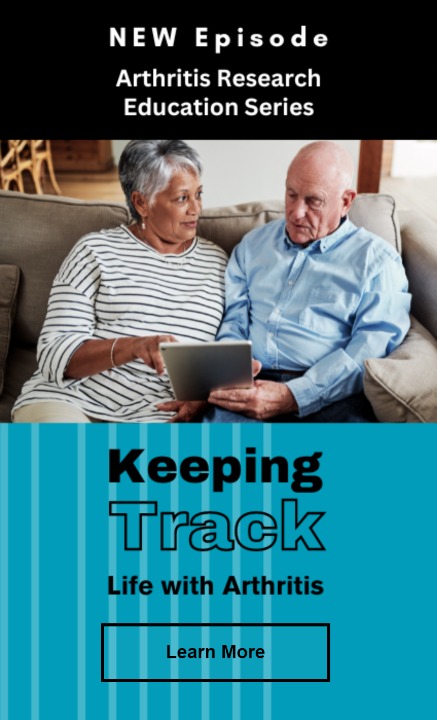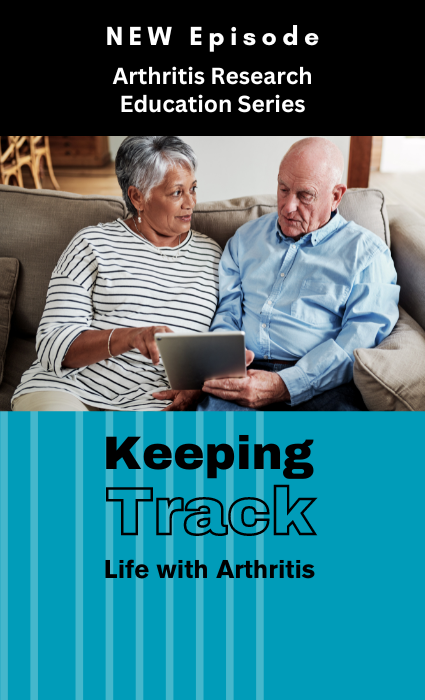WHAT WE DO
Arthritis Research Canada is the largest clinical arthritis research centre in North America.
Our mission is to transform the lives of people impacted by arthritis through patient-centred research and engagement. Led by Scientific Director, Dr. Diane Lacaille, Arthritis Research Canada’s scientific team of over 100 are creating a future where people living with arthritis are empowered to triumph over pain and disability.
Arthritis Research Canada is conducting research from coast to coast. With centres in British Columbia, Alberta, Quebec, Montreal and Nova Scotia, Arthritis Research Canada is leading research aimed at preventing arthritis, facilitating early diagnosis, finding new and better treatments, and improving quality of life for people living with arthritis.
Arthritis is a chronic condition and symptoms, like pain and fatigue, fluctuate over time. Different treatments, as well as daily activities – including exercise, sleep and diet – also impact symptoms, making it hard for people to understand their disease. At Arthritis Research Canada, we’re conducting research to help people track their symptoms and daily activities. Discover tracking advice and more in Episode 13 of the Arthritis Research Education Series. Learn More
News
Check out the latest news, newsletters and stories
Ways To Support
One-time gifts, monthly giving, gifts of securities and more
Videos
Informative discussions with patients, doctors and researchers
OUR LATEST RESEARCH
At Arthritis Research Canada, we conduct research that helps people with arthritis continue to live their lives today. What does that mean? Prevention is our top priority, but we are also working to find ways for people with the disease to stay in the workforce, continue doing physical activities they love, manage pain and symptoms and much more.










































































